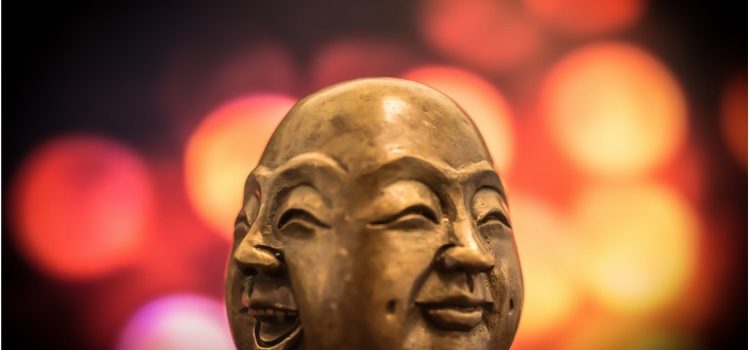Is product positioning necessary? What about repositioning? If you work in marketing yet still can’t define what “positioning” is, consultant and speaker April Dunford is here to tell you that you’re not alone. If you’re not sure what positioning is, you’re not likely to understand its importance—and you’re bound to make a few mistakes. Let’s look at Dunford’s insights into poor positioning and three marketing mistakes to avoid.
Poor Positioning: 3 Marketing Mistakes to Avoid










